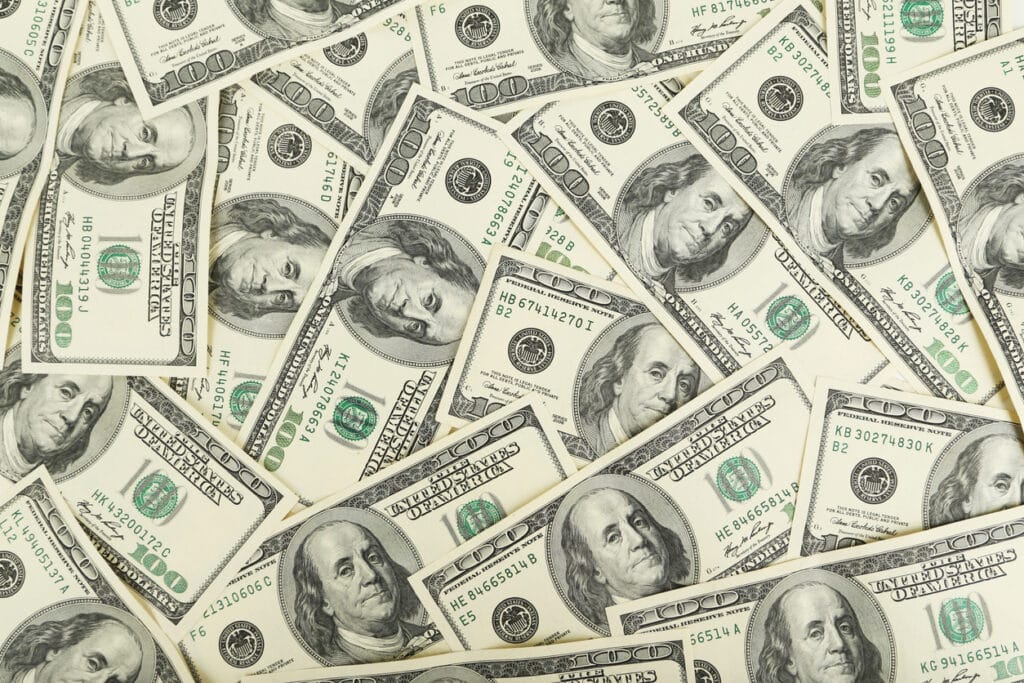On August 4, the U.S. Securities and Exchange Commission (SEC) announced that it granted a total of $104 million in awards to seven whistleblowers, citing their willingness to provide original information which led to a successful enforcement action. The combined award is the fourth largest in the history of the SEC Whistleblower Program.
“These awards are objective proof that whistleblowing works, and works better than anyone anticipated,” said whistleblower attorney Stephen M. Kohn of Kohn, Kohn & Colapinto. “Whistleblowers are the eyes and ears of enforcement, and are essential in holding fraudsters accountable.”
Through the SEC Whistleblower Program, whistleblowers who (1) voluntarily support/open an investigation, (2) provide original information to that investigation, and (3) lead to successful enforcement action are entitled to monetary awards of 10-30% of the funds collected by the government. Under the Dodd-Frank Act’s related action provisions, SEC whistleblowers are entitled to 10-30% of the funds collected in any related action as well as in the relevant SEC enforcement action.
The seven whistleblowers awarded in this case all participated in the investigation in a manner that met these three criteria. The group was composed of two sets of joint claimants and three single claimants who assisted in the investigation by “providing documents supporting the allegations of misconduct, sitting for interviews, and identifying potential witnesses,” according to the SEC order.
“Today’s awards show that specific and credible information plays an integral part in the SEC’s enforcement efforts,” said Creola Kelly, Chief of the SEC’s Office of the Whistleblower. “These whistleblowers provided information that helped Enforcement staff detect and prosecute wrongdoing in a timely manner.”
The SEC also denied two claimants a reward. Both of the denied claimants did not contribute significantly to the investigation, did not open the investigation, and did not lead to enforcement action. These factors are all necessary in order to obtain an award under the rules established in § 240.21F-4 (c)(1-3).
In addition to failing to meet these three obligations, one of the denied-claimants provided privileged attorney-client information, thereby disqualifying it from being considered original information under §240.21F-4 (b)(4)(i). The other denied claimant failed to file a TCR form, which is required in order to be eligible for an award under §240.21F-9(c).
Understanding that these rules can be difficult to navigate, Kohn, Kohn & Colapinto recently published a public index documenting each SEC order. The index serves as a database, which whistleblowers, potential whistleblowers, and whistleblower attorneys can use to track the reasons cited by the SEC for award denial or approval.
Interestingly, a number of the whistleblowers rewarded in this case are foreign nationals who reported misconduct in multiple “territories,” underscoring the transnational reach of the SEC Whistleblower Program. These whistleblowers join the rank of the over 5,000 international whistleblowers who have confidentially reported violations of U.S. securities laws through the SEC Whistleblower Program.
Today’s win for whistleblowers is yet another example of the success of the Dodd-Frank Act, which has helped the United States collect over $1.3 billion in penalties between 2010 and 2022. Through his role as Chairman of the Board of the National Whistleblower Center, Kohn is spearheading campaigns advocating for laws that strengthen the Dodd-Frank whistleblower reward program and apply this framework to fighting corruption beyond securities fraud.
“Let’s hope that Congress gets the message and passes the pending reform laws, including the bill creating a Dodd-Frank remedy for the Consumer Financial Protection Bureau and the SEC Whistleblower Reform Act,” Kohn commented.
Introduced in March, the bipartisan SEC Whistleblower Reform Act of 2023 addresses a few issues currently affecting the SEC Whistleblower Program, including the lack of anti-retaliation protections for internal whistleblowers. Former Commissioner of the SEC Allison Herren Lee, who currently serves as Of Counsel for Kohn, Kohn & Colapinto, penned an article calling for the passage of the bill.
Also introduced in March, the Financial Compensation for CFPB Whistleblowers Act follows much of the framework and structure of the highly regarded whistleblower provisions of the Dodd-Frank Act, which established the SEC Whistleblower Program.
By using Dodd-Frank as a blueprint for further anti-corruption and anti-fraud legislation, these bills will bring more money back to the government and provide whistleblowers with the same financial protection and incentive provided to the seven whistleblowers who won their case today.
